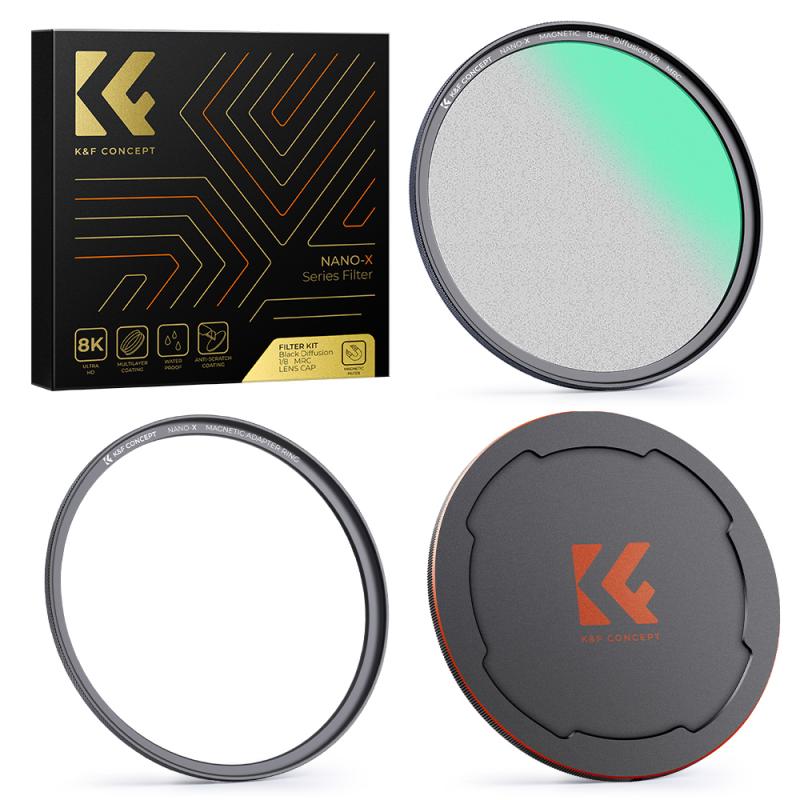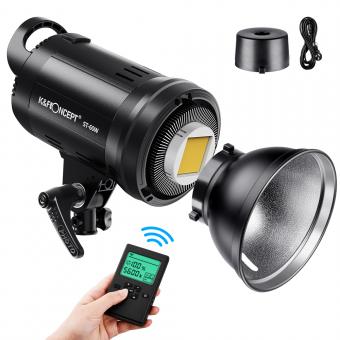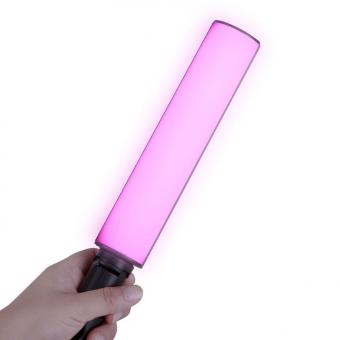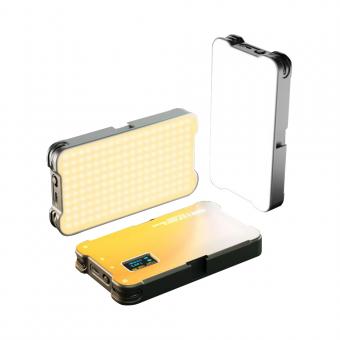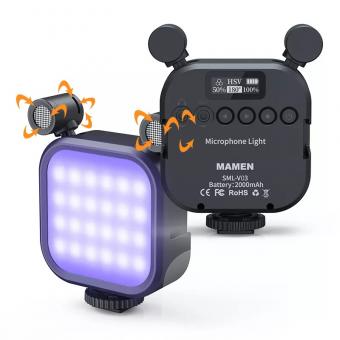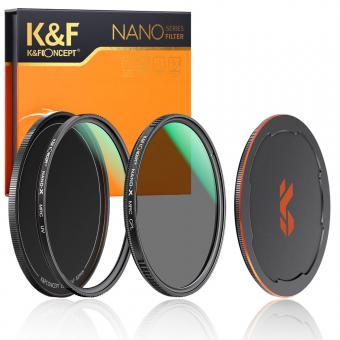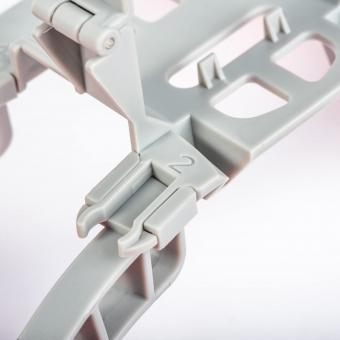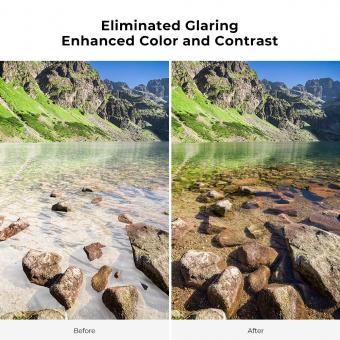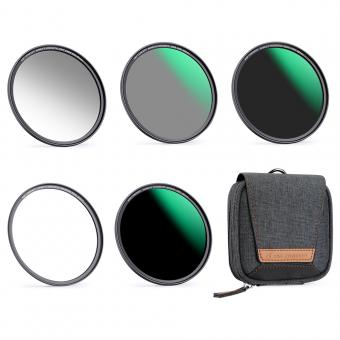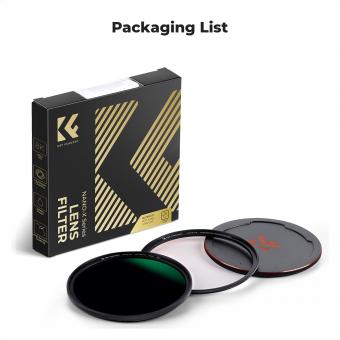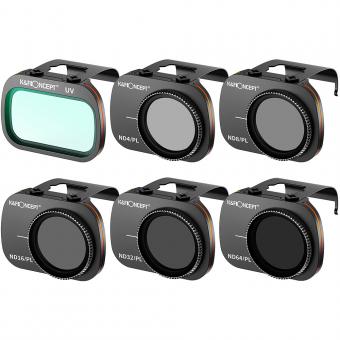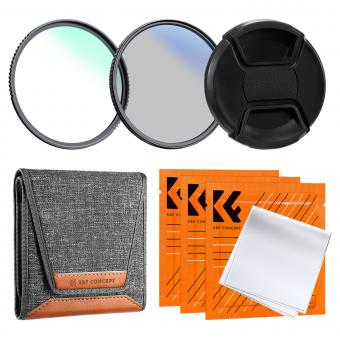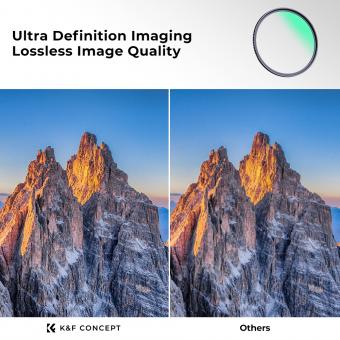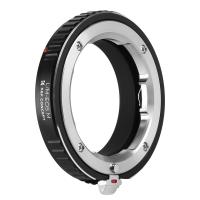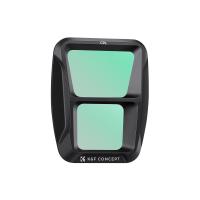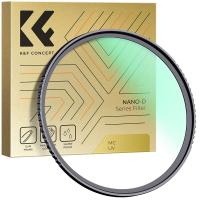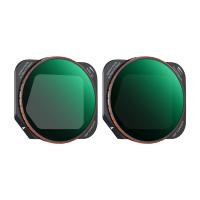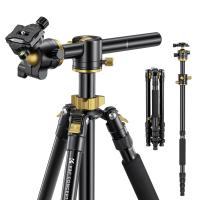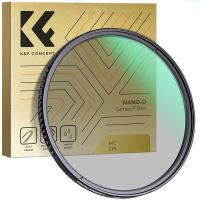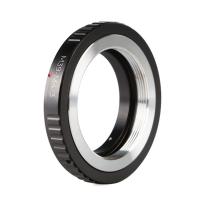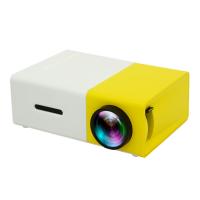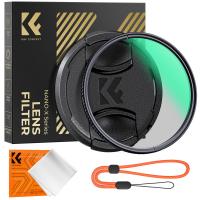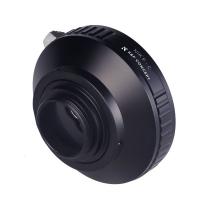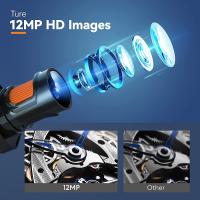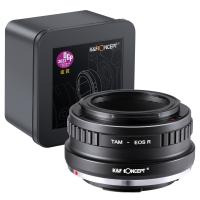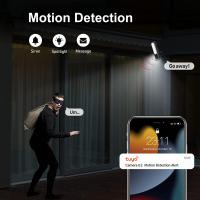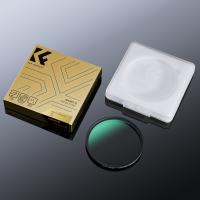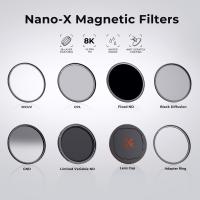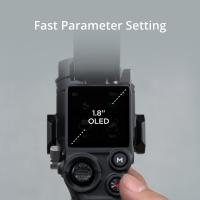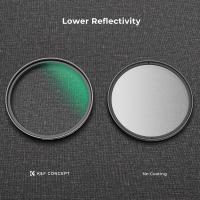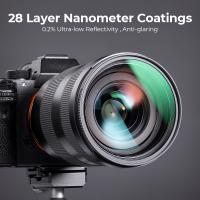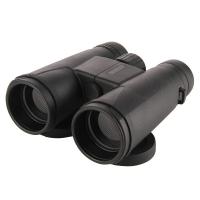Which Uv Filter Lamp ?
A UV filter lamp is a type of lamp that emits ultraviolet light and is used to filter out harmful UV rays from the environment. There are different types of UV filter lamps available in the market, each with its own specific features and benefits. The choice of UV filter lamp depends on the intended use and the specific requirements of the user.
Some popular types of UV filter lamps include germicidal lamps, black lights, and UV curing lamps. Germicidal lamps are used to kill bacteria and viruses in air and water purification systems. Black lights are used for entertainment purposes, such as in nightclubs and theaters. UV curing lamps are used in industrial applications, such as in the printing and coating industries.
When choosing a UV filter lamp, it is important to consider factors such as the wavelength of the UV light, the intensity of the light, and the lifespan of the lamp. It is also important to ensure that the lamp is compatible with the intended application and that it meets safety standards and regulations.
1、 Ultraviolet Germicidal Irradiation (UVGI)
Which UV filter lamp is used for Ultraviolet Germicidal Irradiation (UVGI) depends on the specific application and the type of microorganisms being targeted. UVGI is a disinfection method that uses short-wavelength ultraviolet (UV-C) light to kill or inactivate microorganisms such as viruses, bacteria, and fungi. UV-C light has a wavelength of 200-280 nanometers (nm) and is effective in destroying the genetic material of microorganisms, preventing them from reproducing.
UVGI lamps come in different shapes and sizes, including low-pressure mercury vapor lamps, high-output amalgam lamps, and pulsed xenon lamps. Low-pressure mercury vapor lamps are the most commonly used for UVGI applications, as they emit a strong dose of UV-C light at a wavelength of 254 nm. High-output amalgam lamps are more efficient and have a longer lifespan than low-pressure mercury vapor lamps, but they are also more expensive. Pulsed xenon lamps are used in healthcare settings for disinfecting surfaces and equipment, as they emit broad-spectrum UV-C light that can kill a wide range of microorganisms.
It is important to note that UVGI should not be used as the sole method of disinfection, as it is not effective against all types of microorganisms and may not penetrate certain materials. Additionally, UV-C light can be harmful to human skin and eyes, so proper safety precautions must be taken when using UVGI lamps. The latest point of view is that UVGI can be an effective tool in reducing the spread of infectious diseases, but it should be used in conjunction with other disinfection methods and hygiene practices.
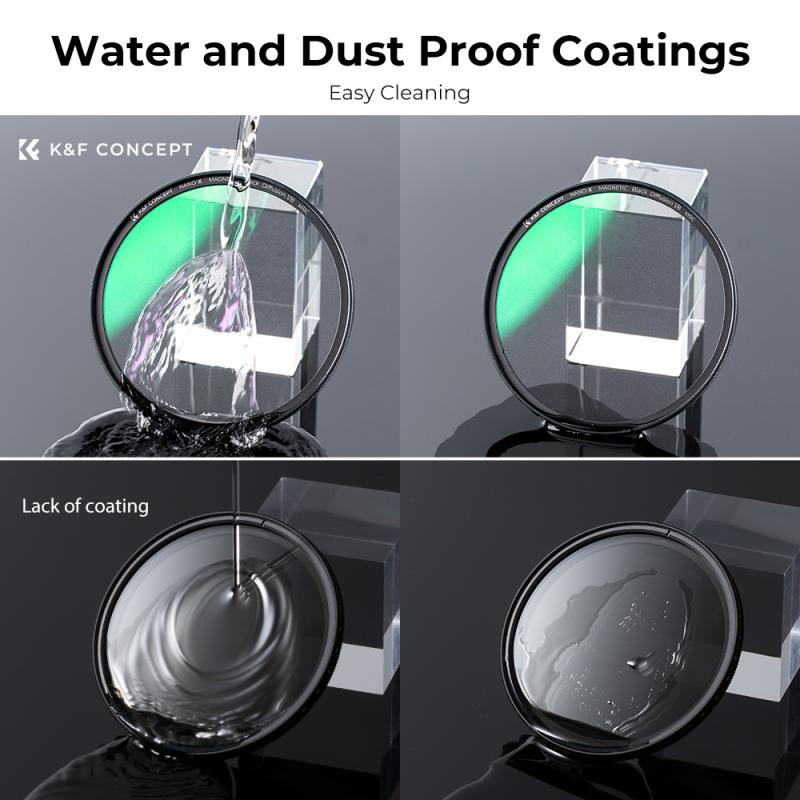
2、 Far-UVC
Which UV filter lamp is suitable for Far-UVC? Far-UVC is a type of UV light that has been found to be effective in killing viruses and bacteria, including the coronavirus. However, it is important to note that not all UV lamps are suitable for Far-UVC.
Far-UVC lamps emit light in the range of 207-222 nanometers, which is different from the UV lamps commonly used for disinfection, which emit light in the range of 254 nanometers. Therefore, it is important to choose a UV filter lamp that emits light in the Far-UVC range.
Currently, there are several companies that offer Far-UVC lamps, including Acuity Brands, Healthe, and Signify. These lamps have been tested and found to be effective in killing viruses and bacteria, including the coronavirus, while being safe for human exposure.
It is important to note that while Far-UVC lamps have shown promise in killing viruses and bacteria, more research is needed to fully understand their effectiveness and safety. Additionally, it is important to use these lamps in accordance with manufacturer instructions and safety guidelines to avoid any potential harm.
In conclusion, when choosing a UV filter lamp for Far-UVC, it is important to select a lamp that emits light in the 207-222 nanometer range. Several companies offer Far-UVC lamps that have been tested and found to be effective in killing viruses and bacteria, but more research is needed to fully understand their effectiveness and safety.
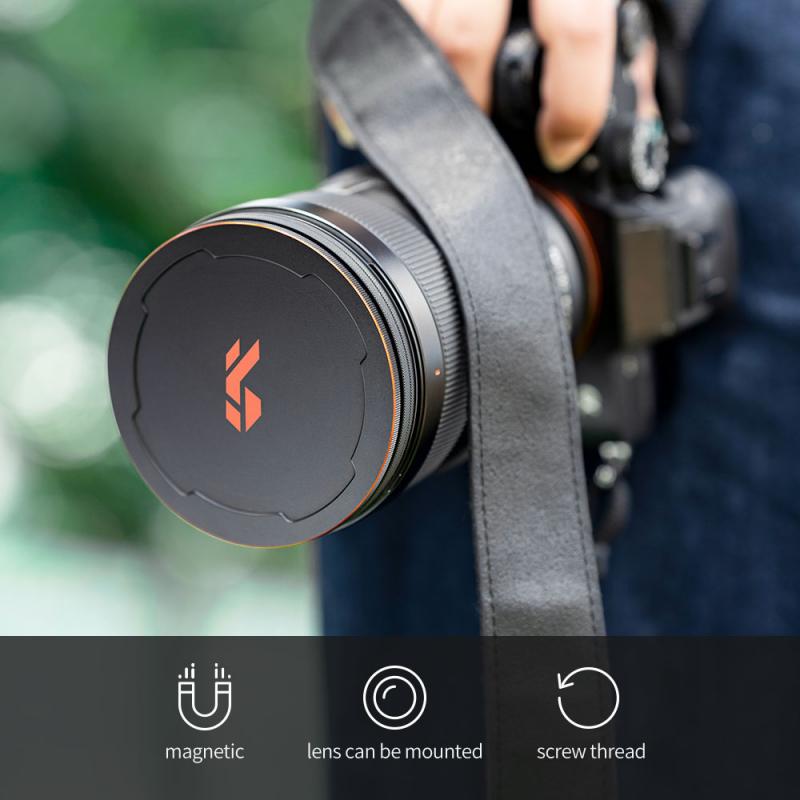
3、 UVA
Which UV filter lamp is best for you depends on your specific needs and preferences. UVA lamps are a popular choice for many people because they emit a specific wavelength of ultraviolet light that is known to be effective in killing bacteria and viruses. This makes them a great option for use in hospitals, laboratories, and other settings where cleanliness and hygiene are of utmost importance.
However, it's important to note that UVA lamps are not effective against all types of bacteria and viruses. In fact, recent studies have shown that some strains of bacteria are actually resistant to UVA light. Additionally, prolonged exposure to UVA light can be harmful to human skin and eyes, so it's important to use these lamps with caution and follow all safety guidelines.
If you're considering using a UVA lamp, it's important to choose a high-quality product from a reputable manufacturer. Look for lamps that have been tested and certified for safety and effectiveness, and be sure to follow all instructions for use and maintenance. With the right precautions and proper use, a UVA lamp can be a valuable tool for promoting cleanliness and hygiene in a variety of settings.
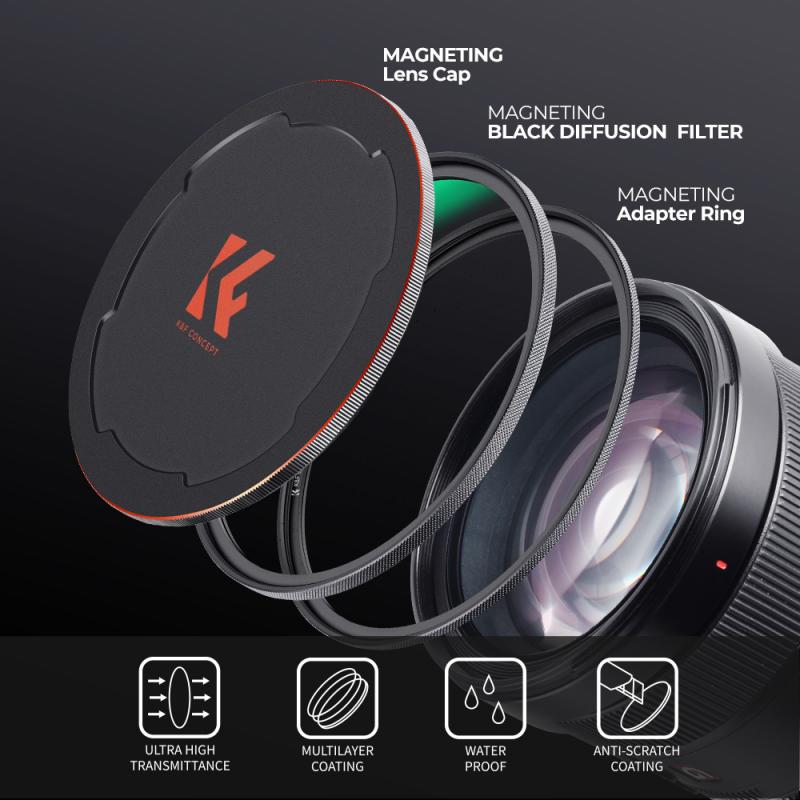
4、 UVB
Which UV filter lamp is suitable for you depends on your specific needs and intended use. If you are looking for a lamp to use for reptile or amphibian enclosures, a UVB lamp would be the best choice. UVB lamps emit ultraviolet light in the range of 280-320 nanometers, which is necessary for reptiles and amphibians to synthesize vitamin D3 and maintain proper bone health.
However, it is important to note that not all UVB lamps are created equal. The quality and effectiveness of a UVB lamp can vary depending on factors such as the brand, type of bulb, and distance from the animal. It is recommended to do research and consult with a veterinarian or experienced reptile keeper to determine the best UVB lamp for your specific animal species and enclosure setup.
Additionally, there has been recent debate and research regarding the potential harm of UVB lamps on human skin and eyes. While UVB lamps are generally safe for reptiles and amphibians, prolonged exposure to UVB radiation can increase the risk of skin cancer and cataracts in humans. It is important to use caution and follow safety guidelines when using UVB lamps, such as wearing protective eyewear and limiting exposure time.
